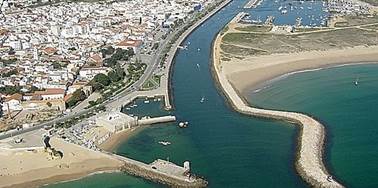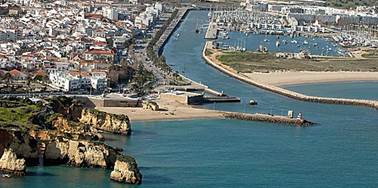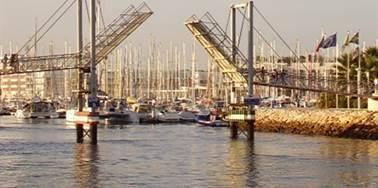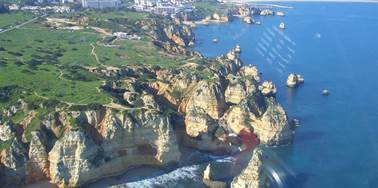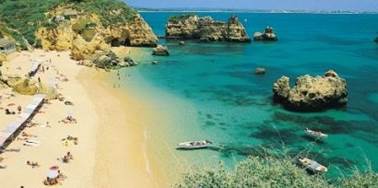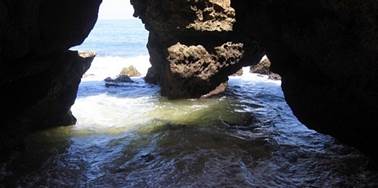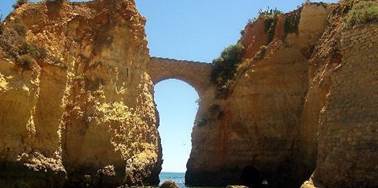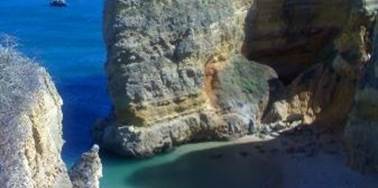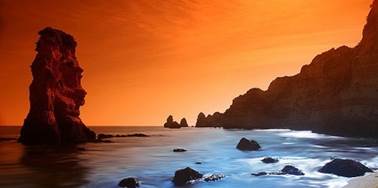Lagos
The glorious history of Lagos has always been connected to the sea. It was here that Prince Henry armed his ships opening the way for the great voyages in the time of the Discoveries. The small port of Lagos thus became an open window to the world and a meeting point of international routes where many different cultures crossed paths.
Until today Lagos has kept its cosmopolitan flair, responding to the challenges of modern times while respecting the heritage of the past. Lagos is a great place for all kind of water sports and nautical activities and its breathtaking golden rocks known as the Costa d’Oiro.
Watch the promotional video of Lagos !
The name Lagos has a Celtic origin and is derived from the word Lacobriga. Lagos first became a settlement of the Carthaginians, who recruited Celtic tribesmen in their war against the Romans (the Punic Wars). Later it became colonized by the Romans, becoming part of the Roman province Lusitania. Some Roman remains can still be found in Lagos and the surrounding countryside.
The town was occupied in the sixth century by the Visigoths from the Kingdom of Toledo and later by the Byzantines. The Moors came in the eighth century. They renamed the town Zawaia (meaning Lago = lake). It was part of the coastal region al-Gharb (hence the name Algarve). The Moors fortified the town and established important trade links. In 1174 the local Wali gave permission for the construction of a church of St. John the Baptist outside the town walls. This is the oldest church in the Algarve.
Even as King Afonso Henriques was conquering Portugal (the Reconquista), the southern part (Algarve and Alentejo) remained under Moorish domination. It was captured by King Afonso III of Portugal in 1241. After the complete capture of the Algarve in 1249 the king gave himself the title "King of Portugal and Algarve", stressing the fact that the Algarve, after the long rule by the Moors, was considered a foreign country and not part of Portugal.
Lagos became an independent jurisdiction under the rule of King Pedro I in 1361. Thus Lagos became important during the 15th century period of Portuguese exploration. Prince Henry the Navigator, third son of King João I, lived most of the time in Lagos. From here he directed expeditions to Morocco and to the western coast of Africa.
Hope you enjoyed.


